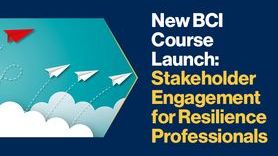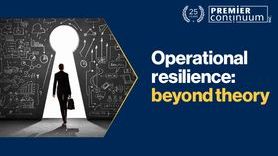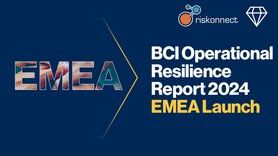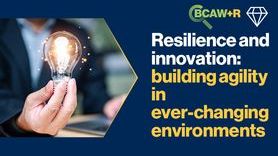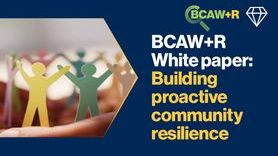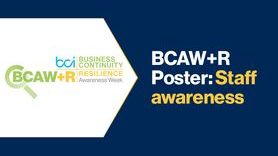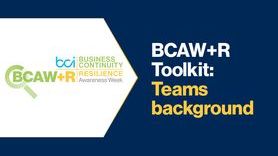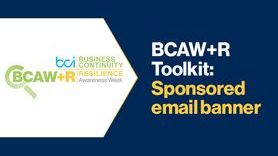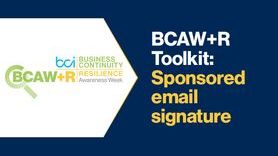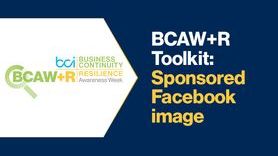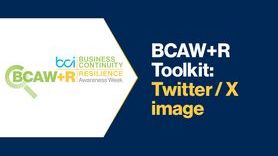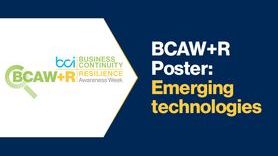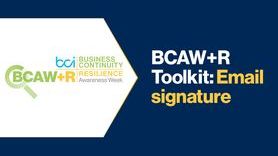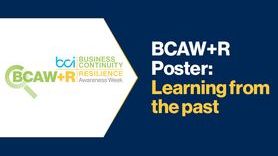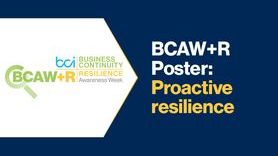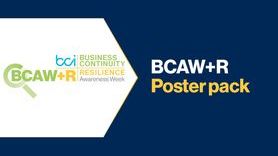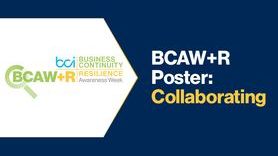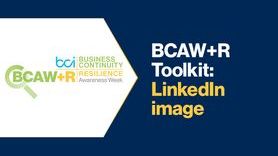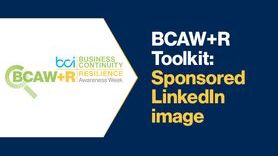What is mentoring?

In this article series, we will be exploring the value of mentoring, particularly for BC and resilience professionals, as well as its role in the modern workplace and new methods of mentoring. However, to do this we need to first define what mentoring can be.
Mentoring is a professional development relationship where an experienced individual provides guidance, support, and feedback to someone who is seeking to improve their knowledge, skills, or career prospects. The mentor can act as an advisor and role model, who helps the mentee to set and achieve professional goals, overcome challenges, and develop new competencies.
Mentoring is a valuable tool for professional development, as it allows individuals to receive personalized guidance and support from experienced professionals who can share their knowledge, insights, and experiences. Therefore, mentoring relationships are usually established between members of the same or similar industry, such as the BC and resilience industry. The BCI has supported mentoring in this sector though its own mentoring programme where it is an additional benefit for members.
Mentoring vs coaching
To understand the role of mentoring, it is useful to compare it to other forms of professional development. Coaching and mentoring can both support career development and help individuals improve their skills and achieve their goals. However, there are some key differences between the two:
-
Structure: Mentoring is often flexible and adaptable, focusing on the mentee’s own aims and objectives, whereas coaching tends to be structured with goals, plans, and strategies for a specific purpose. Since it tends to focus on specific goals or challenges, coaching is more task-oriented and is often focused on helping the individual improve their performance in a particular area. Mentoring is more relationship-oriented and involves providing guidance, support, and advice over a longer period of time. Indeed, coaching may involve a series of sessions over several weeks or months but mentoring can continue for months or even years.
-
Expertise: Coaches are often experts in a specific area and use this knowledge to help their clients achieve specific goals. However, mentors may not be experts in a particular field, but can provide guidance and support based on their own experiences and insights. For example, mentors on the BCI programme are all skilled BC and resilience professionals with a certified membership.
-
Focus on self vs focus on others: Coaching focuses on helping individuals improve their own skills and performance. Mentoring, on the other hand, involves helping others develop their skills and achieve their goals, often with positive outcomes for both sides of the mentoring relationship. Some of these outcomes will be explored in the following section.
How can mentoring help you?
The mentoring relationship provides benefits for both parties. A selection of these general outcomes have been included below:
-
Develop new skills and abilities: engaging in mentoring can enable you to understand your own experiences and abilities, and effectively impart them to others. It can also help you stay updated with the latest developments in your field as well as honing new skills and competencies. For example, being a mentor entails being a good listener, having effective communication skills, and providing guidance and support to your mentee. These skills can also be useful in enhancing your leadership qualities in your own career.
-
Increased confidence: professionals can feel more confident in their abilities and decision-making with the support of a mentor, who can also provide them with the encouragement needed to tackle new challenges.
-
Sense of accomplishment and fulfilment: watching your mentee grow and develop can be a fulfilling experience that provides a sense of accomplishment. It's a wonderful opportunity to contribute to the continuity and resilience of the community.
-
Network building: connecting with other professionals in the business continuity and resilience sector and its related fields through mentoring can expand your professional network.
-
Gain guidance on advancing your professional status: having a mentor can be extremely beneficial in terms of helping you identify and acquire the necessary skills to advance in your career. Additionally, they can assist you in identifying and developing new competencies that will aid you in reaching the next level in your professional journey.
-
Access to new opportunities: although it is not the mentor's obligation, they can offer access to new opportunities that may not be available otherwise. Additionally, mentors can highlight opportunities for the mentee to explore.
In the next article, we will explore the critical role of mentoring within the BC and resilience industry.












